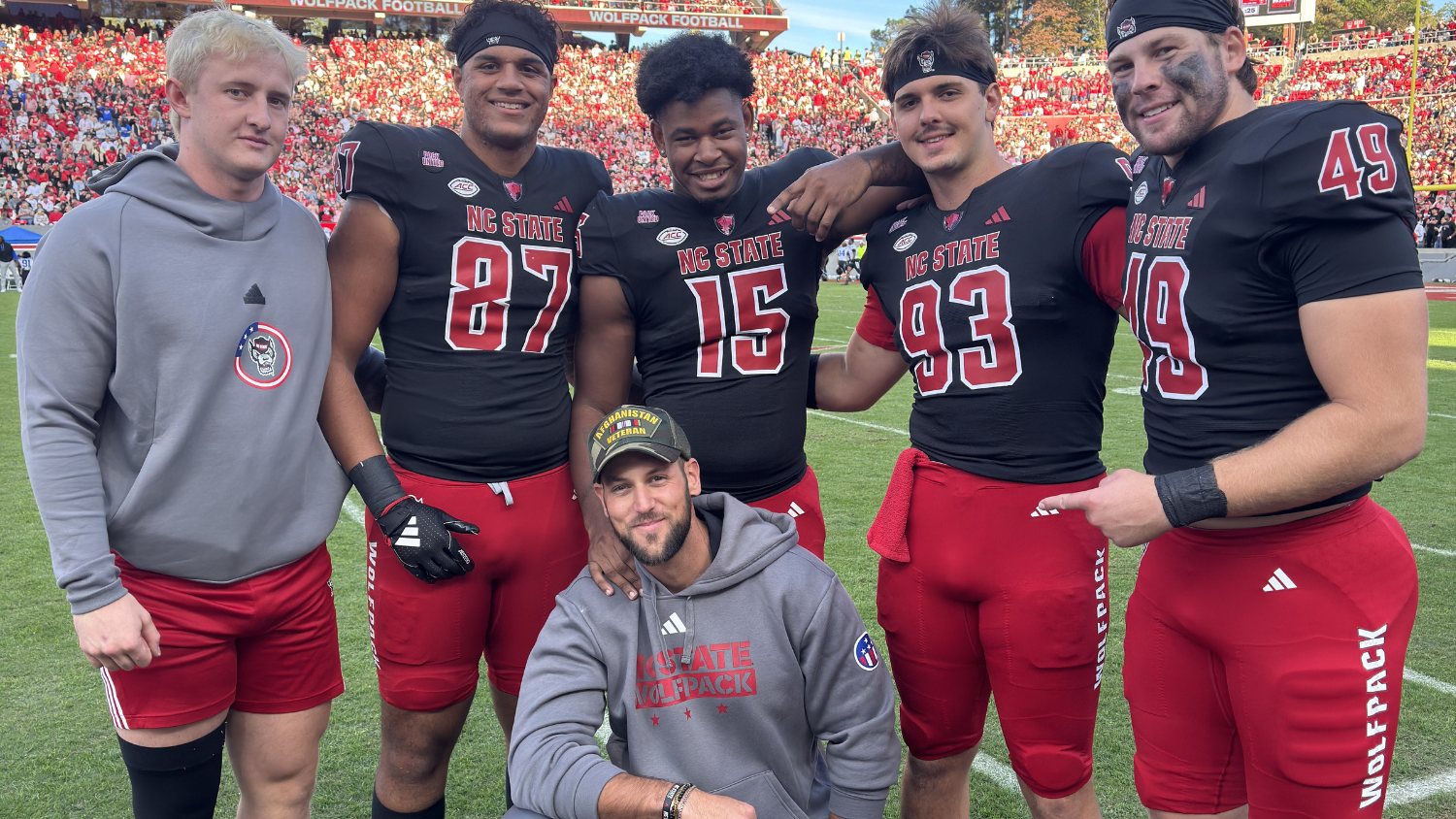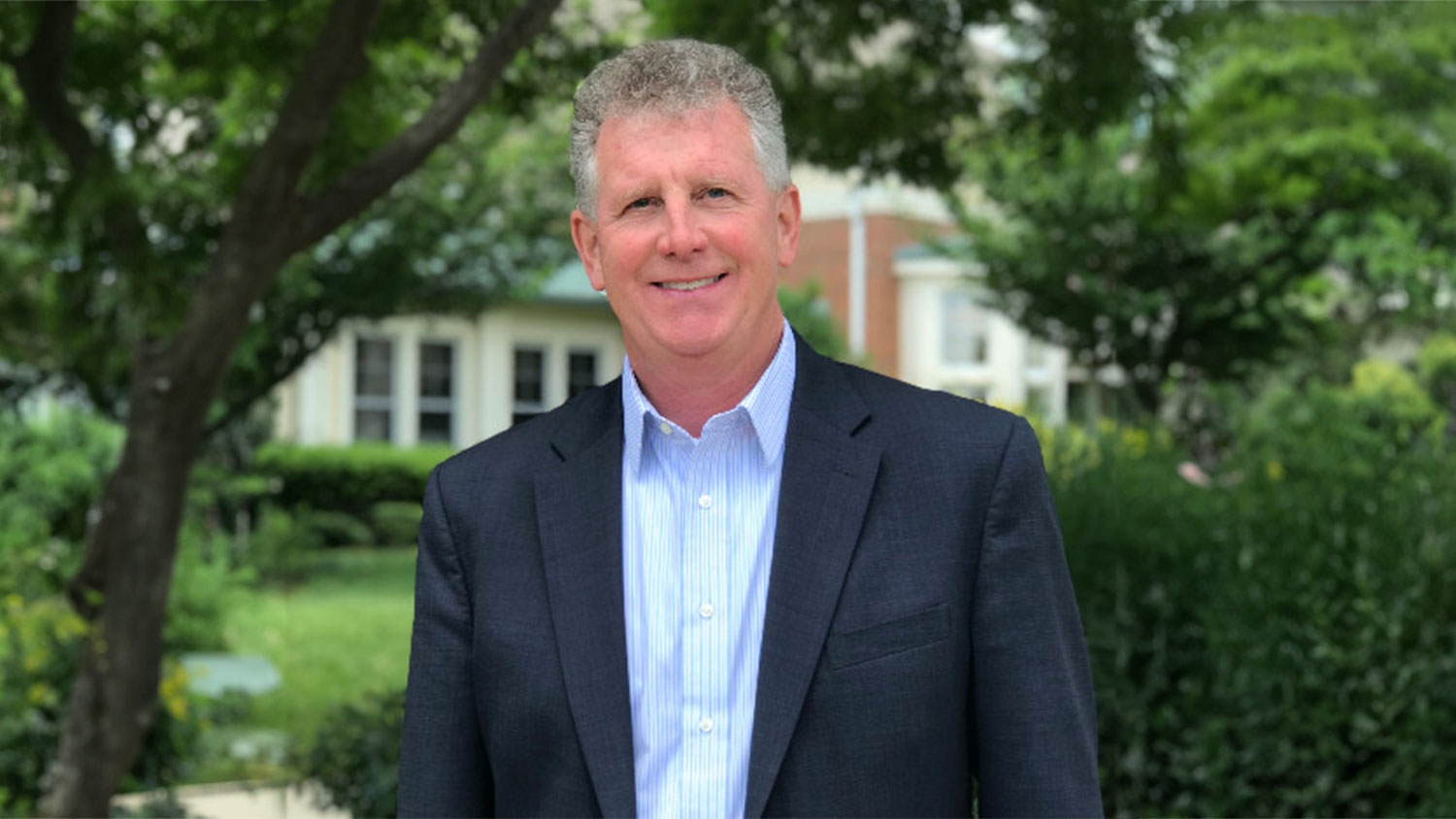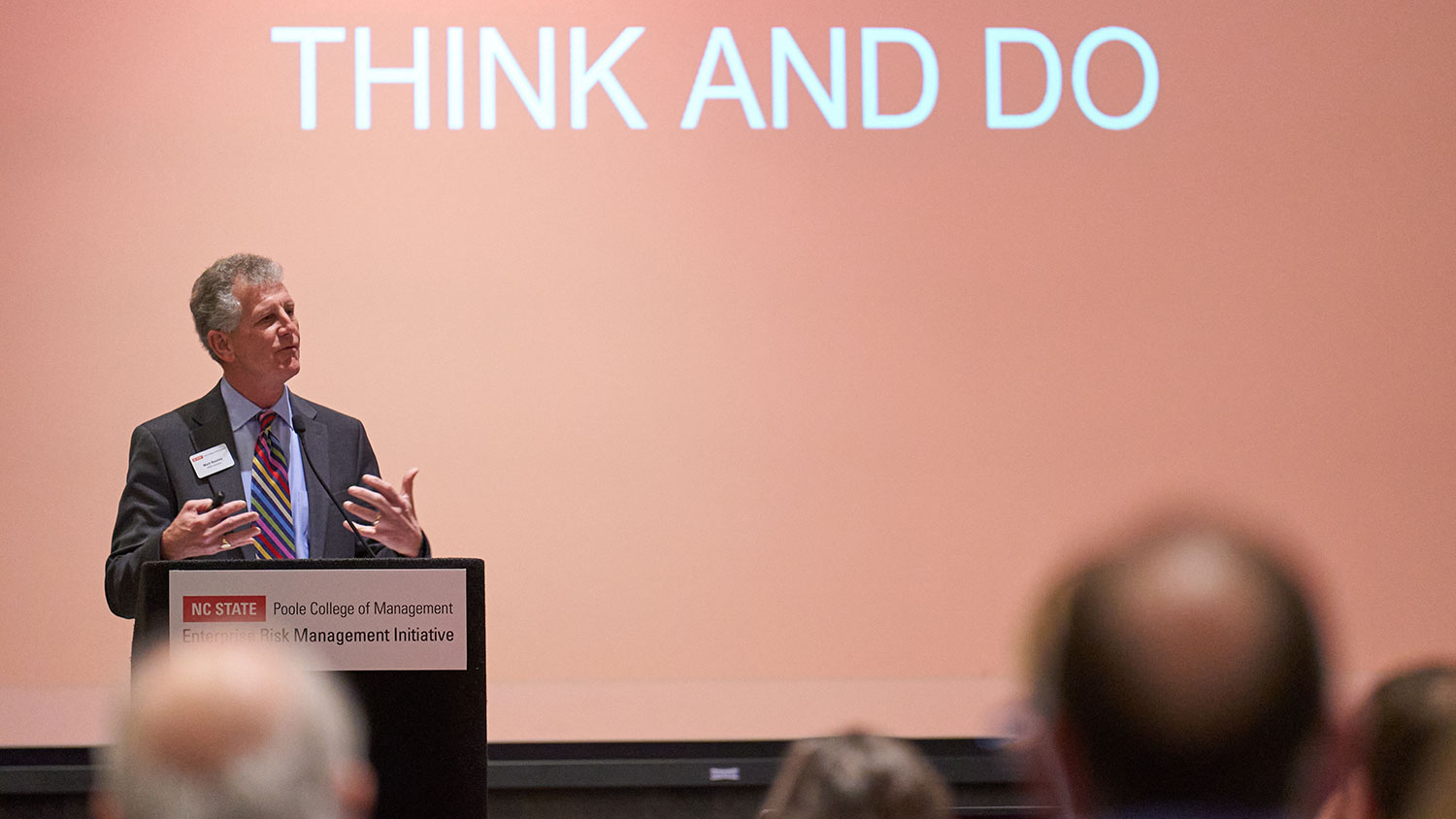Managing the Risks: ERM Practicum Gives MAC Students Opportunities to Put Theory Into Practice
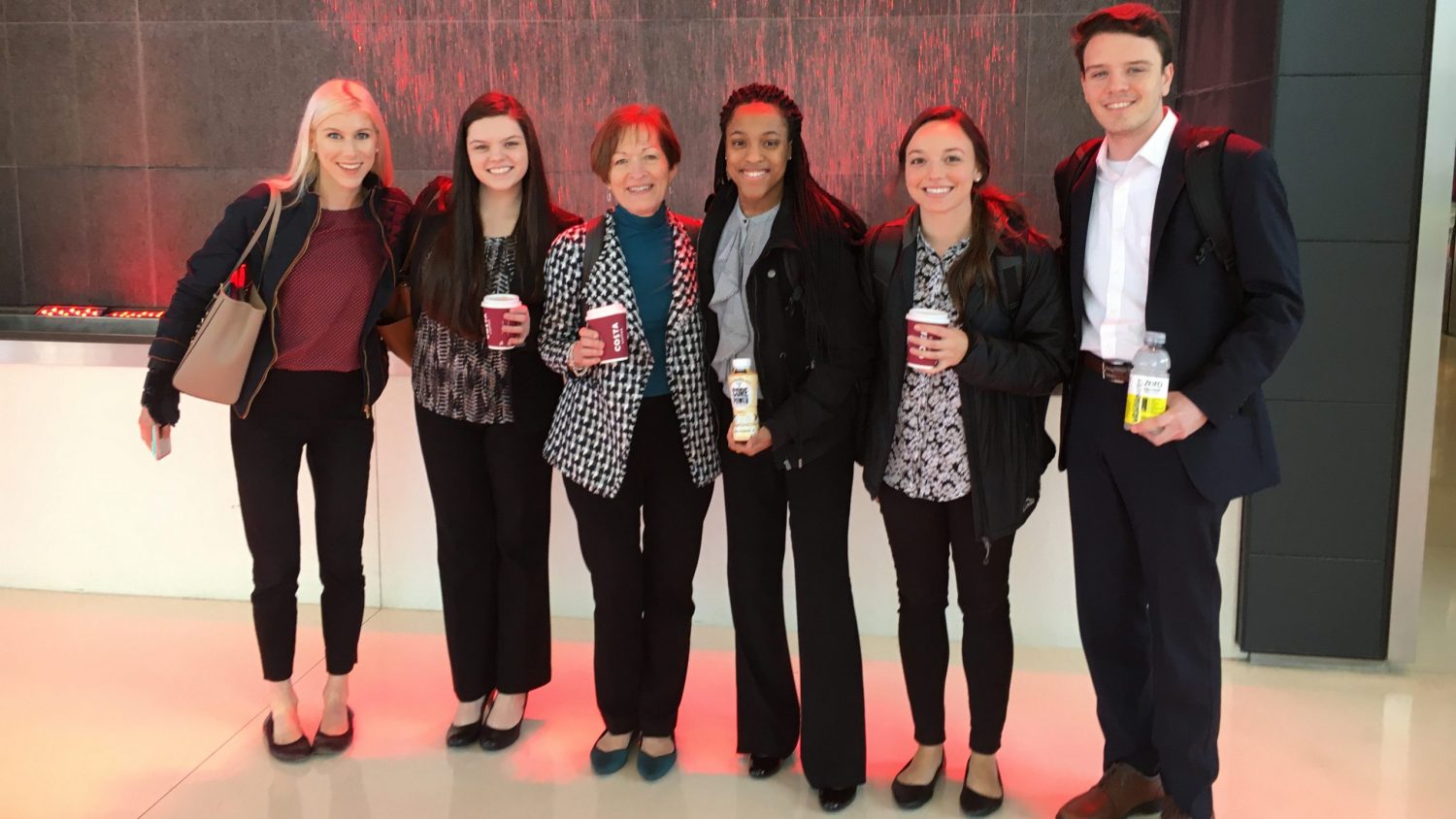
For 11 years, waves of Jenkins Graduate Programs students have worked with companies and organizations across the nation to evaluate and analyze the unique risks facing their businesses as part of the ERM (Enterprise Risk Management) Practicum course.
However, students who participated in the course during the 2020 spring semester had a unique opportunity to see their work in a new light. As they were hard at work conducting research and assessments, COVID-19 was creating a multitude of new risks for their clients across industries.
“The pandemic brought a new dimension to this semester’s projects,” explains Mark Beasley, professor of accounting and director of the ERM Initiative. “In January and February, our students met senior executives of their respective companies to discuss the risks facing their businesses. So not only did we want their presentations to reflect those risks, but also to address the real-time issues caused by COVID. Risk management is a fluid process, and this semester our students experienced that first-hand.”
As part of the course, teams of three or four Jenkins graduate students – most from the Masters of Accounting (MAC) program – partner with the executive management of participating organizations to advance its ERM processes by identifying the top risks that could affect its strategic successes in the coming years.
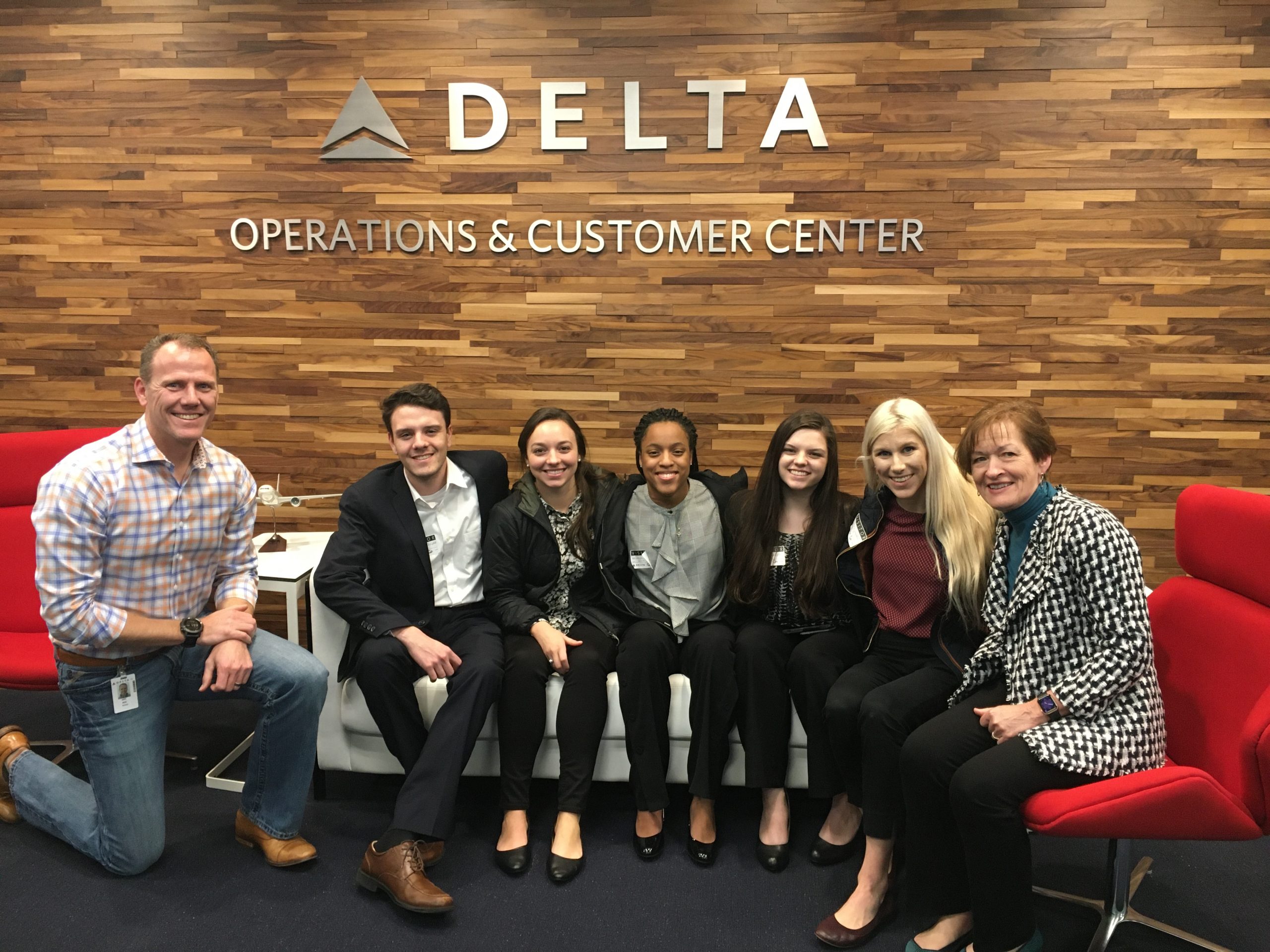
This semester’s clients included organizations such as the City of Durham, North Carolina Central University, YMCA of Greater Charlotte and ADAMA. ADAMA, a leading manufacturer and distributor of crop protection solutions, has participated in the practicum for four semesters.
“Each time students come in, they bring an added level of energy. They’re enthusiastic learning about our business, which makes us proud of the work we do at ADAMA,” says Brandon Bitner, ADAMA senior business excellence analyst who serves as one of the client liaisons. “At the end of the project, a lot of the details the students present are things we may be aware of as an organization, but coming from an outside source gives it more weight, and that adds a level of impact which helps us move forward as an organization.”
ADAMA’s experience isn’t unique, Beasley says. “We regularly hear from the clients that they were blown away with the professionalism of not only our students but also the final product. A few have shared how they would have paid $100,000 for a consulting firm to provide similar information,” he says.
As a student, Lorraine Johnson, who graduated from the MAC program this spring after completing the ERM Practicum, appreciated that the course allowed her to apply what she learned in the classroom into the real world, as well as to transition from the mindset of a student to the mentality of a professional.
“It’s so important for businesses to have a risk management mindset”
“The fact the COVID pandemic happened in the middle of the semester just proved why it’s so important for businesses to have a risk management mindset,” Johnson says. “Although it is unrealistic to expect any organization to fully anticipate and prepare for the COVID pandemic, companies that have evaluated their risks and have responses in place stand a better chance of surviving the crisis.”
In addition to providing students a tangible way to apply the knowledge and theories they learned in a classroom setting into a real-world situation, the ERM Practicum gives them the opportunity to manage a complex project while working in a team setting.
“Having the chance to not only study concepts but apply them to fit a real entity helps seal the reality of their learning,” Beasley says. “NC State and Poole College of Management’s focus on enterprise-wide risk management is a real differentiator in terms of other business schools. Our students are getting face-to-face time and interaction with c-level executives, which is an invaluable experience they can take with them as they enter the professional world.”
